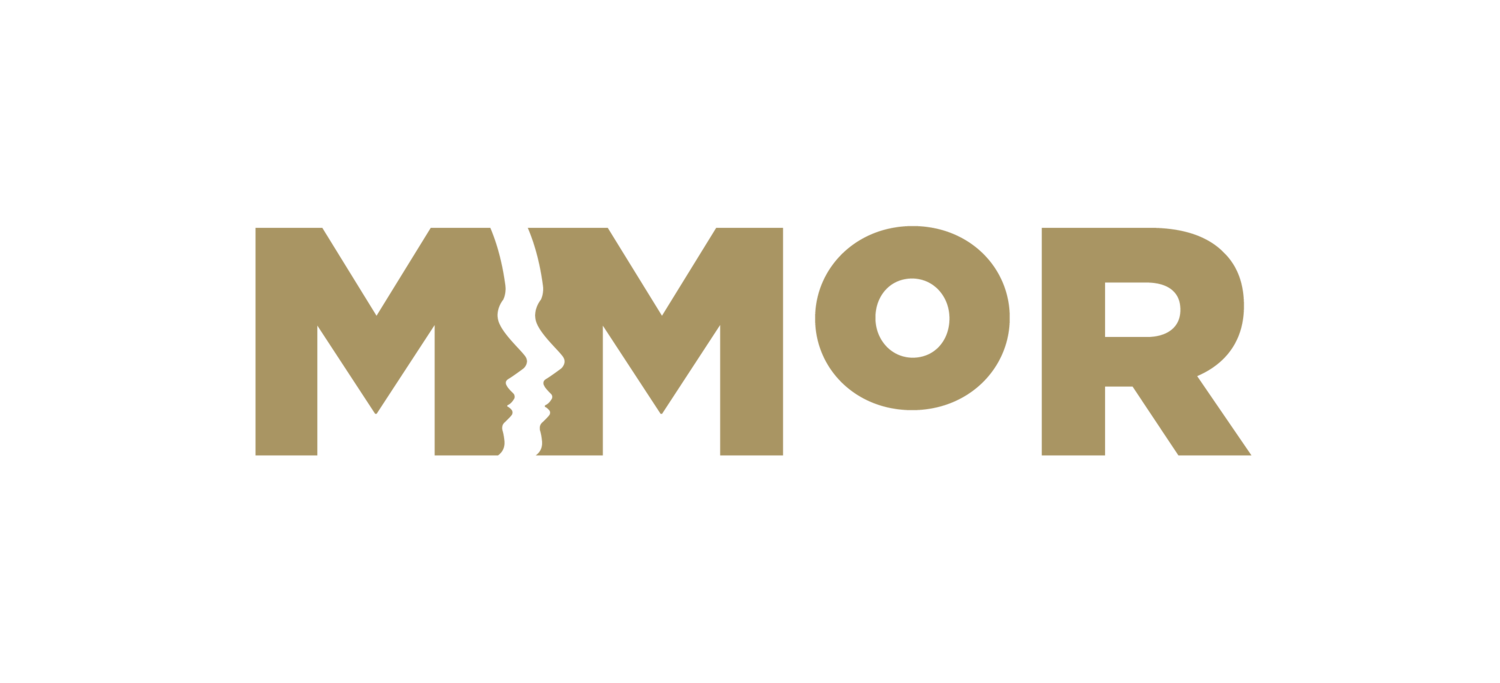Medicine and the Making of Race, 1440-1720 is a four-year UKRI FLF-funded project which seeks to explore the role of medical practitioners in the early years of the slave trade, and the relationship their practical experiences had to early modern ideas of ‘race’.
From the very first moments of slaving encounters between European and African populations, medical practitioners played a key role. In practical terms, they staffed ships and treated passengers, they advised on purchases, and they contributed to some of the key systems of the slave trade. Above all they provided medical treatment at ports, on ships, in the new estates of enslavers, and as enslavers themselves, at every stage in the process of enslavement, in intimate and embodied ways. By the seventeenth century, expertise in the treatment of enslaved people was a valuable professional commodity. Over the course of the early modern period, this expertise was increasingly codified. Port inspections, valuations and reporting turned medical authority into an integral part of the systematization of slavery, even while the growing role of medical authority meant that texts written by medical practitioners could contribute to domesticated discourses around enslaved bodies. The early modern development of medical authority and the development of slavery in the early modern period therefore went hand in hand.
This project aims to uncover and analyze practical medical attitudes to enslaved and free Black Africans in early modern Europe, and in early modern Europeans' global encounters. It addresses several key research questions:
How did medical practitioners contribute to the earliest global encounters?
What role did they play in the increasingly systematic enslavement of African peoples, both in Europe and in the New World?
Did African communities provide alternative medical treatments, and if so, how did European medicine encounter and react to these practices?
How did medical treatment of "foreign bodies" inform practitioners' attitudes to human difference? How did medical conceptions of difference inform developing ideas "race"?
Over the course of our four years this project will combine extensive archival research in Spain, Portugal, Malta, Italy, Britain, Germany and France, and 'New World' archives in Cartagena and Peru, with a focus on travel-narratives, medical correspondence and scientific publications. The wide geographical coverage situates this project in an interpersonal, transnational and transcultural context, driven by human contact and practice, rather than nation, institution or theory. The aim is not to be exhaustive but suggestive. Over the course of the project we hope to open up new avenues to further study and to build a wide-ranging community. Our extensive programme of activities and our approach to this subject aim to be open-ended, interdisciplinary and collaborative, and we hope to create many opportunities to get involved.
